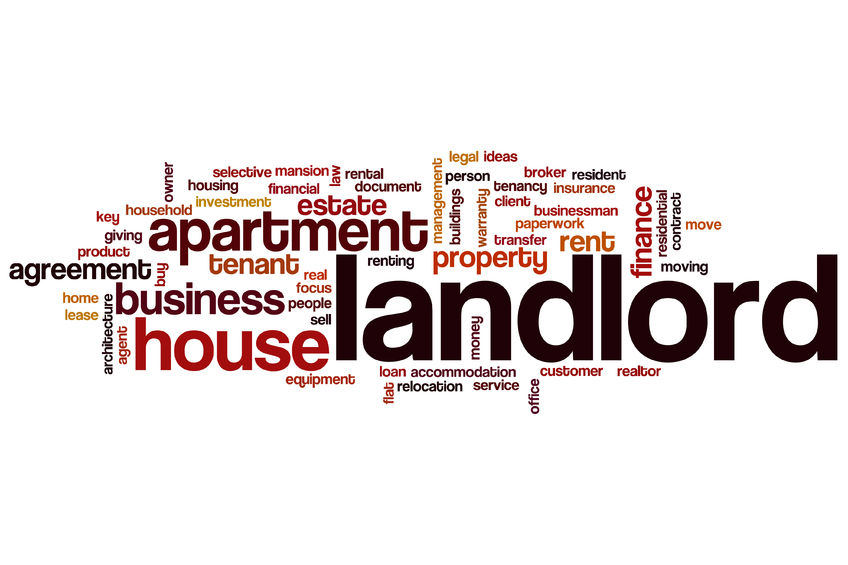
With rising property prices, many can only afford to rent a place to stay in nowadays. This is also true for new business startups where premise renting is easier on their budgets. It has also become easy to rent with the help of the many real estate agents around town not forgetting the online platforms that could easily matchmake a landlord with a prospective tenant without any third party help. With the abundance of rental transactions going on each day, the likelihood of tenancy disputes is also magnified. So here are some facts that you as a landlord or a tenant, have to know.
1 There is no specific law governing tenancies in Malaysia
There is no Tenancy Act in Malaysia, nor can the legal framework on tenancies be described as ‘pro-landlord’. A landlord has to accept the hard fact that Malaysia is pro-tenant in practice.
Before we get into the details, it is necessary to first be aware of the difference between a tenancy and a lease. A tenancy refers to an agreement for a rental period of less than three years.
The sole governing document of a tenancy is the tenancy agreement.
A lease is for a rental period of more than three years. A lease is what is called a ‘registrable interest’ on the title of a property. This means that when you conduct a land search on that property, you would be able to identify the lease on the title itself if it has been duly registered. This registrable interest protects the tenant by notifying anyone who is interested to charge or purchase the property on which the tenant has lease. To illustrate further the difference between a tenancy and a lease, a tenancy agreement is governed by several acts of law, such as the Contracts Act 1950, the Specific Relief Act 1950 and Distress Act 1951, while a lease is governed by the National Land Code 1965.
2 Because of (1), the tenancy agreement is really, really important
It’s worth mentioning again that the only binding document in a landlord-tenant relationship is a tenancy agreement which contains the terms agreed on by both parties. The most common question faced by legal practitioners is, “Is there such a thing as a standard tenancy agreement?” This question arises because some property agents claim to provide a full-package service, from matchmaking potential landlord and tenant, up to the signing of the ‘standard tenancy agreement’ prepared by their agency. The fact is, unlike the terms of a sale and purchase agreement that may be standardised, as provided for under the Housing Development (Control and Licensing) Act 1966), there is no similar regime for the tenancy situation. A tenancy agreement falls under the Contracts Act, which assumes that all parties have entered into an agreement of their own free will, based on mutually agreed terms. That said, how many of us have read through and agreed to all the contents of a tenancy agreement before signing on the dotted line?
Most tenancy agreements are a few pages long and take time to study. If you disagree with any term, it is your right to discuss this with the other party until you both come to what lawyers call ‘a meeting of minds’. Do not hesitate to do so even if someone presents you with a ‘standard agreement’.
Here’s a checklist of the major terms to look out for in any agreement before you sign it:
Checklist
• Tenancy period and option to renew
• Deposit and rental
• GST (if applicable)
• Mode of payment
• Details of landlord and tenant
• Purpose of the tenancy
• Parties obligations and covenants
• Commencement date and yield up date
• Fixtures and fittings list
• Special conditions (if any)
3 Commercial tenancies are more complicated than residential ones
We have established that there is no such thing as a standard tenancy agreement. Do also note that there is a distinction between residential and commercial tenancy agreements, so you may not use one for the other.
The terms of a commercial tenancy agreement are much more complicated and impose more obligations on the tenant, especially when it involves renovations, business licences, any other applicable fees and also the Goods and Services Tax (GST).
4 The landlord has just two specific legal remedies...
In the event of a dispute between tenant and owner, the landlord is usually at a disadvantage, such as when the tenant defaults on rental, refuses to vacate the property, or overstays. In such circumstances, these are the landlord’s only legal remedies:
Distress action under the Distress Act 1951
Upon the landlord’s application, a court of law can issue a warrant of distress for the recovery of rents due and payable to the landlord by a tenant of any premises for a period not exceeding 12 completed months of the tenancy preceding the date of the application.
Eviction Order under the Specific Relief Act 1950
A landlord must obtain a court order before he or she can recover possession of the property from the tenant.
...But you could try these self-help measures
When there is a tenancy dispute, the first thought that may come to the landlord’s mind could be to change the padlocks, disconnect the supply of water and electricity, and forcibly enter the premises.
But hold your horses, because these actions may result in unfavourable results. The better self-help measures to take in urgent cases are as follows:
a. Lodge a police report;
b. Break the lock in the presence of a police officer;
c. Take as many photos of the interior to protect yourself in case the tenant claims loss of property;
d. Place a notice on the front of the property informing the tenant that you have made a police report; and,
e. Place a photocopy of the police report together with the notice.
This of course is the final resort. So, always pre-empt trouble by reading the tenancy agreement and make sure the terms are agreeable to you.
Chris Tan is a lawyer, author, speaker and keen observer of real estate locally and abroad. He is founder and managing partner of Chur Associates.
Disclaimer: The information here does not constitute legal advice, please seek professional help for your specific needs.
This story first appeared in The Edge Property pullout on Dec 4, 2015, which comes with The Edge Financial Daily every Friday. Download The Edge Property here for free.
TOP PICKS BY EDGEPROP

JALAN TELUK LIKAS
Pantai Barat Selatan, Sabah

Mayfair Residences @ Pavilion Embassy
Keramat, Kuala Lumpur



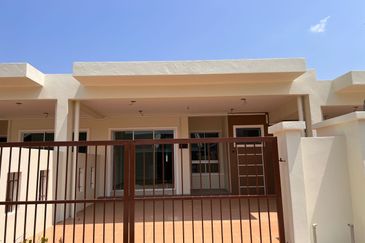



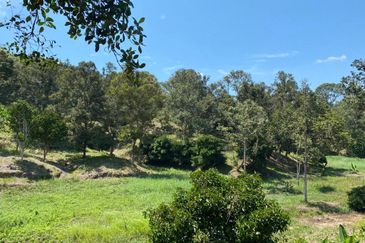
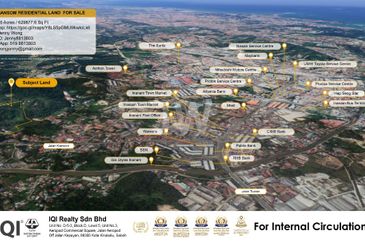
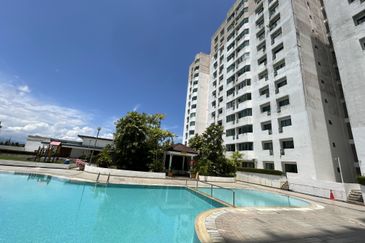

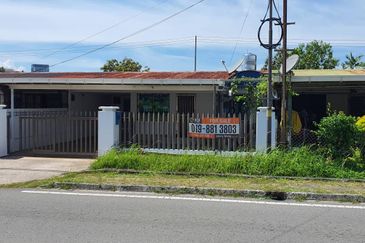
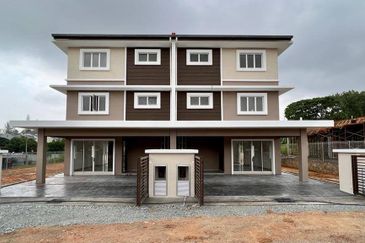

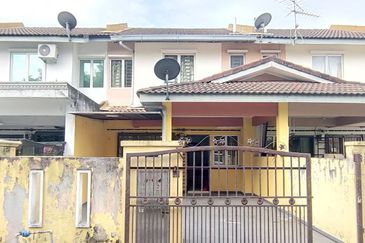

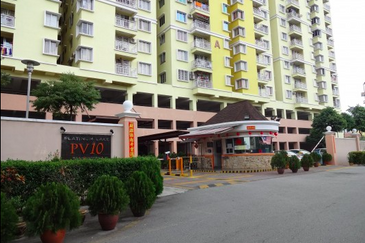
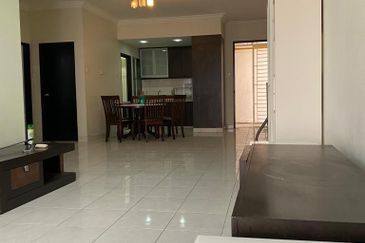

hero.jpg?GPem8xdIFjEDnmfAHjnS.4wbzvW8BrWw)



